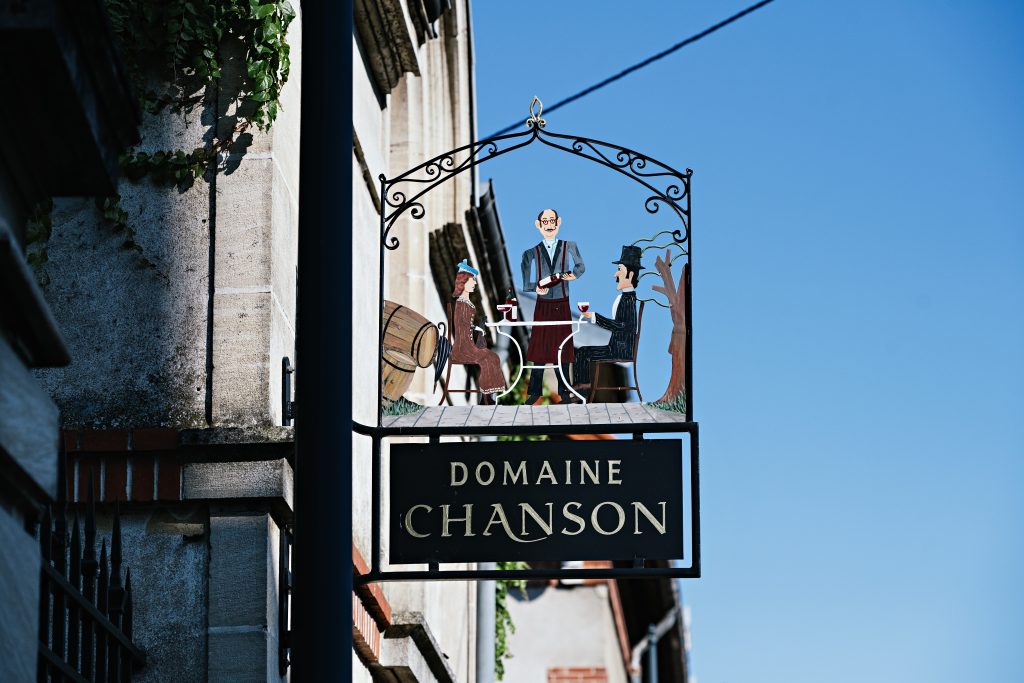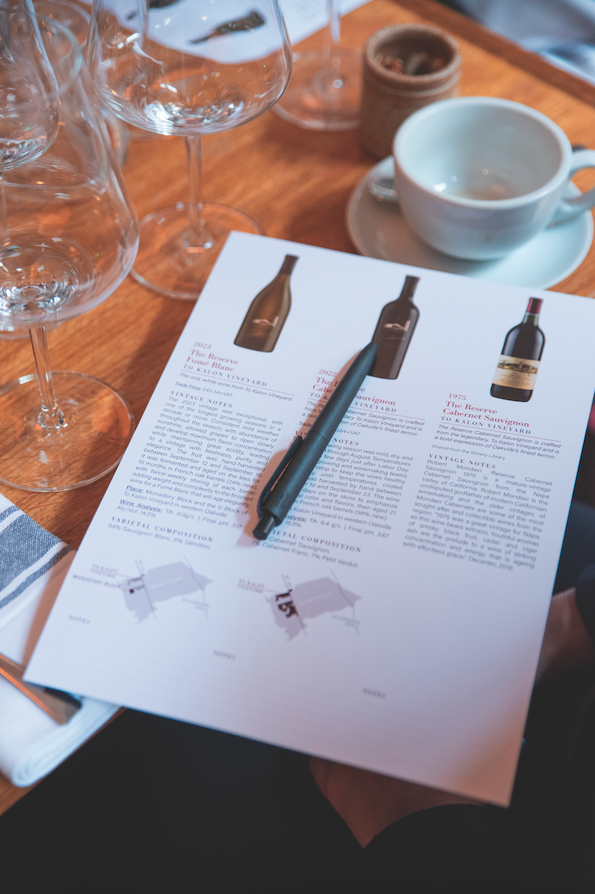Domaine Chanson releases first vintage of Château d’Etroyes
Burgundy’s Domaine Chanson has released the first vintage (2022) of its new 50ha property in the Cote Chalonnaise.

Speaking to the drinks business at a tasting last week, export manager Vincent Wallays, said that Chanson’s acquisition of Château d’Etroyes in 2023, a Côte Chalonnaise domaine that had been owned by eight international investors since 2018, had “sent a massive message about the dynamism of Chanson”.
The purchase was made in part to future-proof the company and secure a supply of grapes for the long term, as well as ensuring greater price stability. It followed the 2021 vintage, in which the team effectively “had a gun to their heads”, Wallays said, in terms of price rises, as the price of fruit almost doubled.
“It is a lesser known area, but that is why we went there,” Wallays said. “It is a terroir for tomorrow.”
Chanson, which is owned by the Bollinger Group acquired Château d’Etroyes in the Côte Chalonnaise in 2023, after it was sold by its owner, eight international investors, who had owned it since 2018. The estate comprises 50ha of vineyards around Mercurey and Rully, an area of Burgundy that is becoming increasingly prized for its relative affordability compared to the vines, grapes and wines of the Côte d’Or.
“It was possible as the correlation of price of land, berries and wine, which you can’t get in the Côte de Nuits,” Wallays said.
Following the acquisition, a ten-year replantation plan has been started, in line with Domaine Chanson’s long-term strategy to boost the red wine output from its 95ha of vines from 50% to 75%.
Partner Content
So far, it has already replanted between 2-3ha of vines, with a further 2ha due to be replaced year over the next four years, and thereafter 1ha a year.
As part of this, it is carefully selecting clones, using the recently replanted Clos d’Eveque as a pilot to guide its R&D. This will be used to evaluate the quality and yields of the five clones planted, and gauge their resistance to disease and how they cope with the long-term effect of drought.
It is also converting the estate to organic production – it should be certified by 2027 – which Wallays admits is “a challenge” in the Cote Chalonnaise, as well as planting apple trees in the vineyards to boost biodiversity.
Orginally, the Domaine Chanson team had hoped to buy top-tier Chablis estate William Fèvre in addition to Château d’Etroyes, in a move that would have been “a game-changer” by boosting its holdings by 150ha. However it was pipped to the post by Barons de Rothschild, which made its first move into Burgundy in January 2024, less than two years after Artémis Domaines acquired William Fèvre through its merger with Maisons & Domaines Henriot in October 2022.
Related news
Castel Group leadership coup escalates
For the twelfth day of Christmas...
Zuccardi Valle de Uco: textured, unique and revolutionary wines




